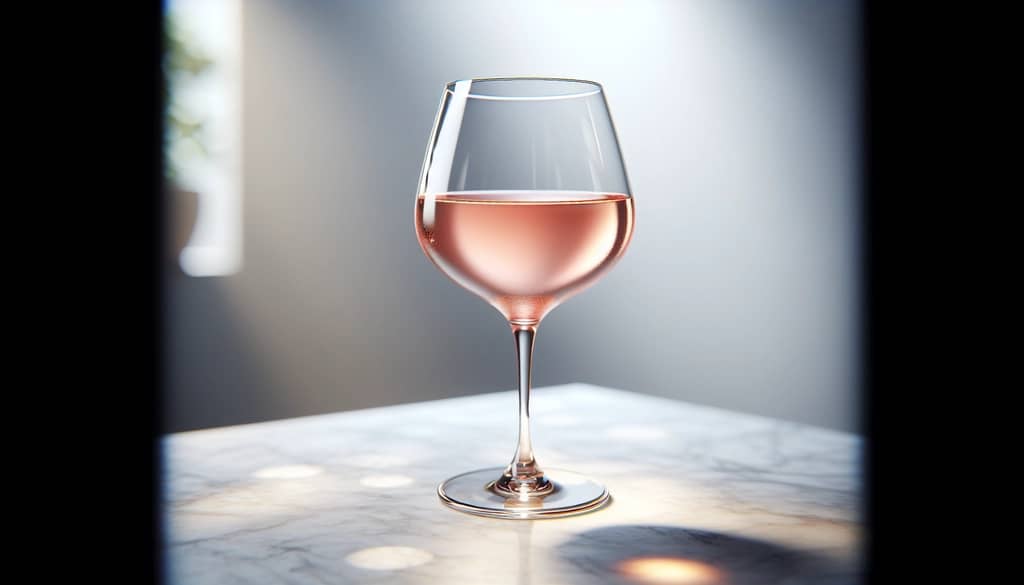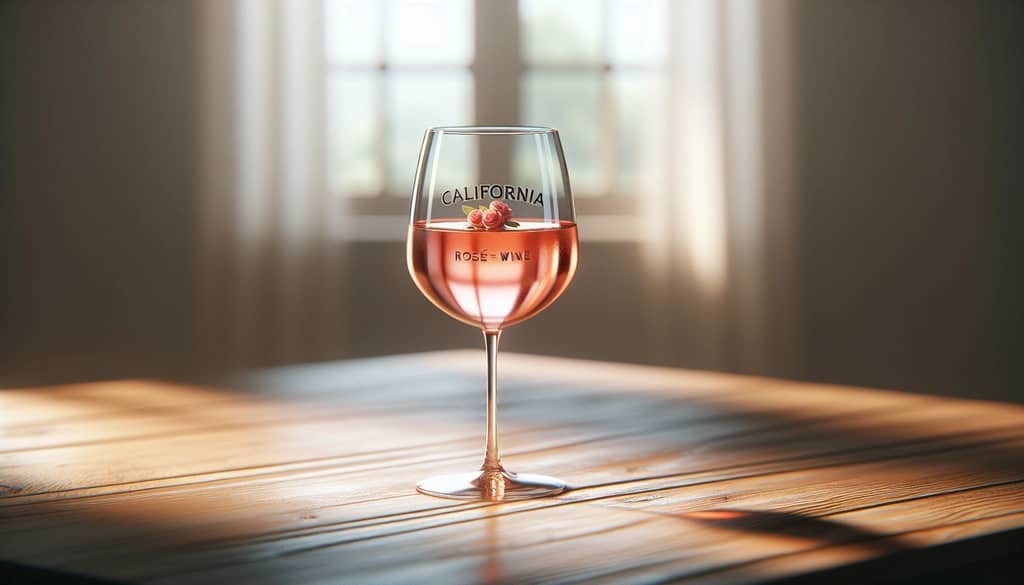Updated on: 6/3/2025
Popular Rosé Wine Regions Around the World

Rosé wine owes its charm to a spectrum of pink hues and a whole world of flavors. Some regions have risen above others, establishing a reputation for their singular approach to rosé. Tasting rosé from different areas brings new expressions of fruit, texture, and minerality shaped by both tradition and terroir.
Provence, France: The Iconic Rosé Standard
When many think of rosé, Provence immediately springs to mind. This southern French region is responsible for some of the world’s driest, most pale pink, and delicately herbal rosés. With abundant sunshine and Mediterranean breezes, Provençal rosé is light, crisp, and often subtly floral with notes of strawberry, melon, and fine minerality. Grenache, Cinsault, Mourvèdre, and Syrah are common grapes.
Rioja, Spain: Bold and Food-Friendly
Rosado from the Rioja region stands out for deeper color and fuller body. Tempranillo and Garnacha (Grenache) grapes create wines bursting with red berry flavors and a touch of spice. Many Rioja rosés see a brief stint in oak, giving extra structure. These wines pair easily with tapas and grilled foods.

California, USA: Diversity Across the Coast
California rosé is as varied as the state’s wine landscape. Coastal regions like Sonoma, Santa Barbara, and Napa Valley produce vibrant, fruit-driven styles. Zinfandel-based rosés, made in a dry or off-dry style, present flavors of watermelon and ripe berries. Pinot Noir rosé from cooler sites shows elegance, fresh acidity, and gentle florals. Winemakers across the state experiment with both classic and innovative blends.

Other Noteworthy Rosé Wine Regions
- Tavel (France): A Rhône appellation famous for deep, savory, full-bodied rosés.
- Loire Valley (France): Sancerre and Anjou offer crisp, mineral-driven rosés from Pinot Noir, Cabernet Franc, or Grolleau.
- Piedmont (Italy): Chiaretto rosés from Lake Garda made with local grapes.
- Australia: Barossa and Adelaide Hills craft expressive rosés with vibrant fruit.
- South Africa: Cape wineries use varieties like Pinotage and Shiraz for both pale and robust rosés.
Exploring rosé from varied regions opens a window into winemaking culture, grape varieties, and the subtle influence of climate and soil. Whether you lean toward a Provençal classic or seek a bold Rioja, there is a style to match every mood and meal.